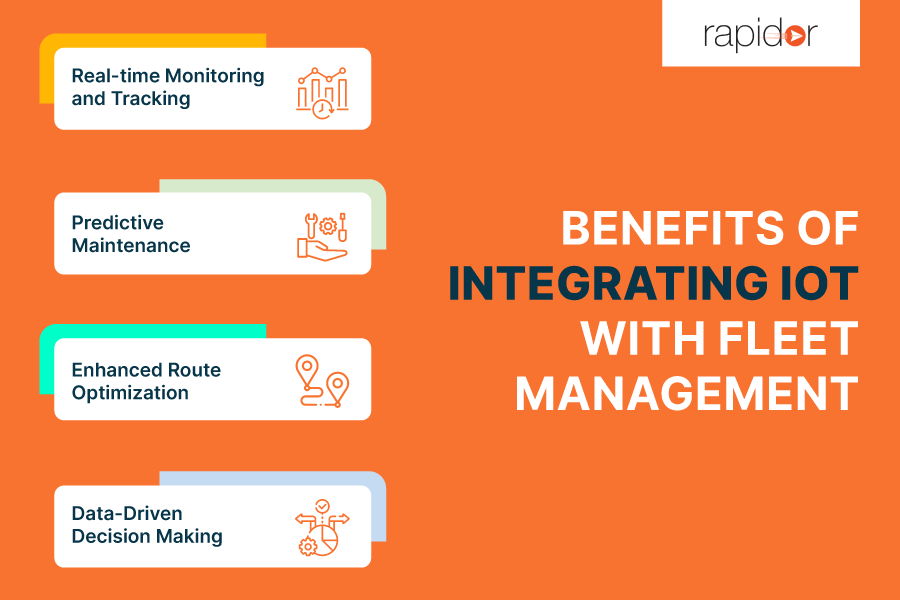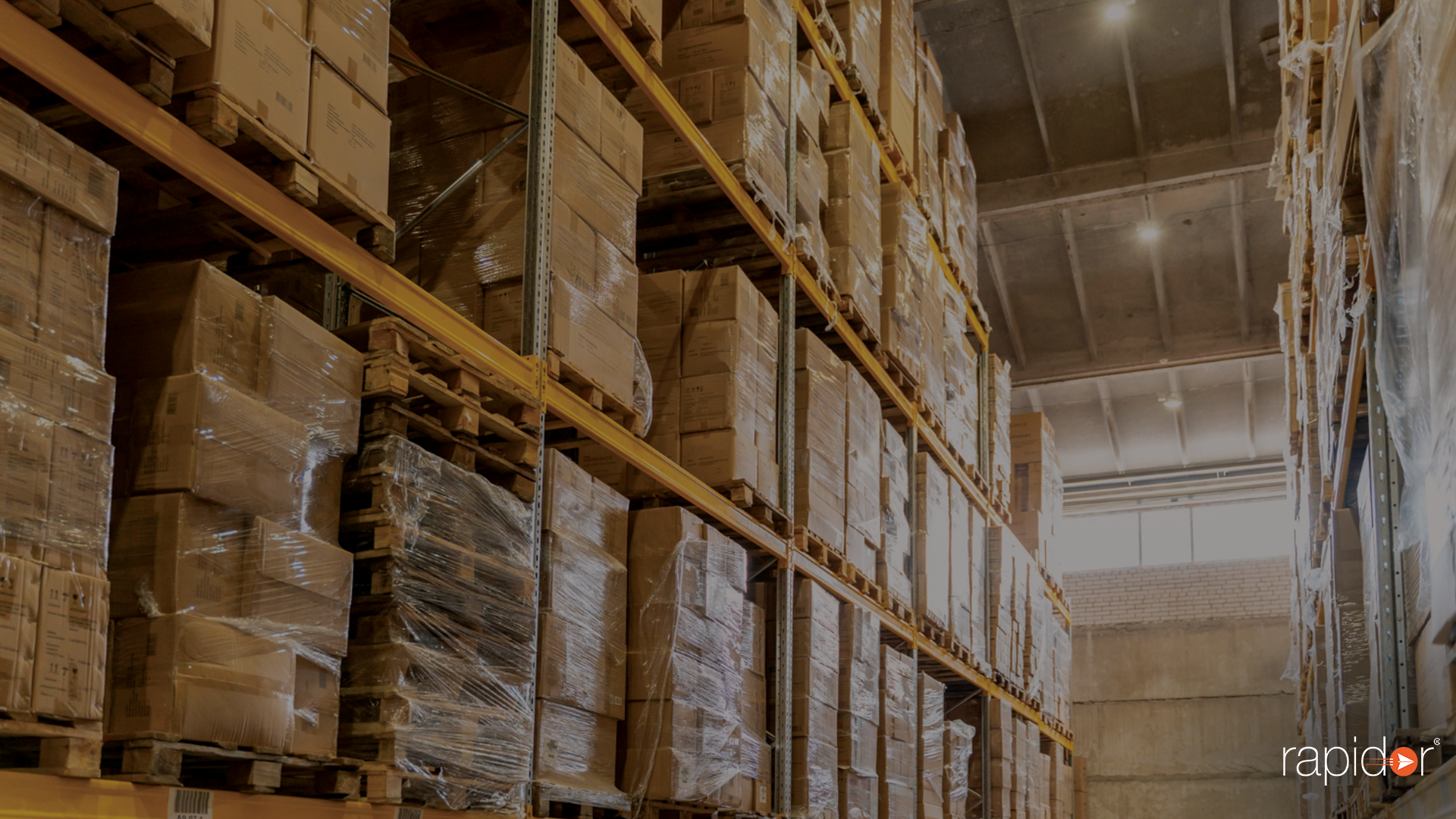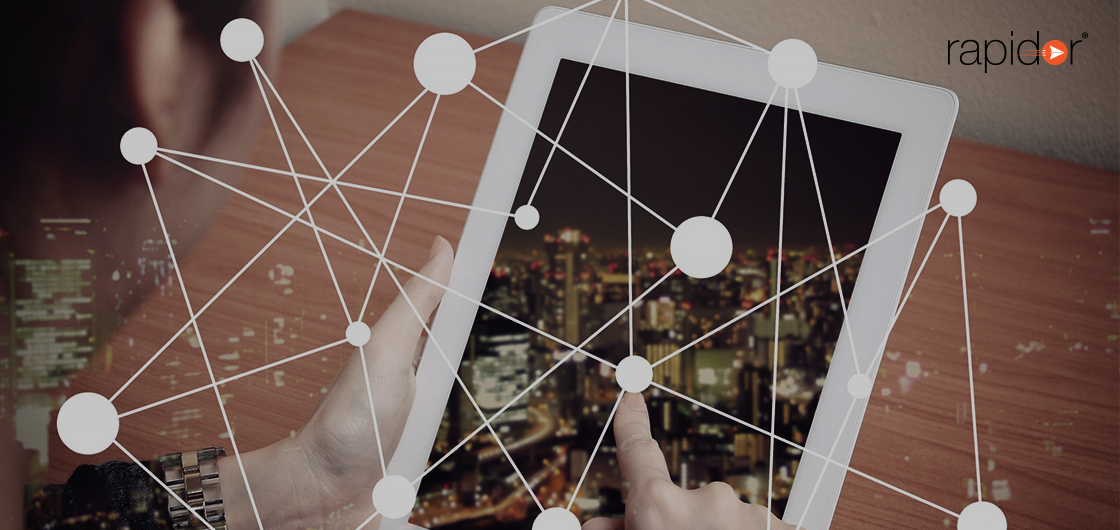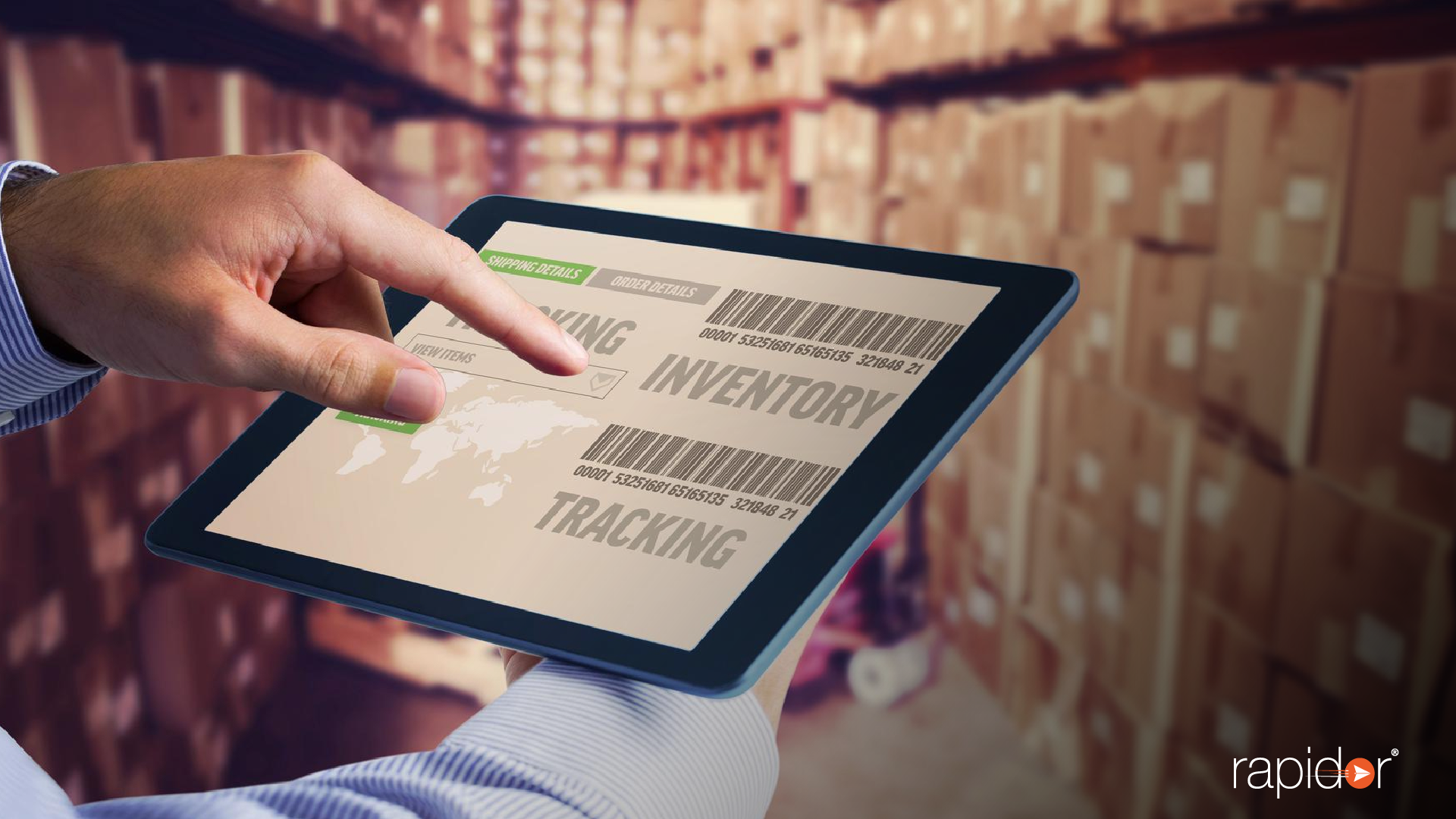In an era defined by connectivity and innovation, the concept of connected logistics is reshaping the landscape of transportation and supply chain management. At the heart of this transformation lies the integration of IoT (Internet of Things) technology with fleet management—a union that promises to revolutionize the way goods are transported, tracked, and optimized. As we embark on a journey through the realm of connected logistics, we uncover the symbiotic relationship between IoT and fleet management, exploring its potential to redefine efficiency, accuracy, and sustainability.
Significance of IoT-Enabled Fleet Management
Imagine a logistics ecosystem where vehicles, assets, and routes are intricately connected—a network powered by real-time data, actionable insights, and predictive analytics. IoT-enabled fleet management embodies this vision, fundamentally transforming how goods move from point A to point B. By seamlessly integrating IoT devices into vehicles and assets, fleet managers gain unparalleled visibility into their operations, enabling data-driven decision-making and optimization.
The significance of IoT-enabled fleet management becomes evident in its ability to enhance every facet of logistics. Real-time data streams provide live updates on vehicle conditions, location, and even cargo status. This real-time visibility translates to route optimization, accurate arrival estimations, and efficient asset utilization. Furthermore, the integration of IoT facilitates predictive maintenance, preempting breakdowns and minimizing downtime.
In essence, IoT-empowered fleet management is not just about efficiency—it’s about redefining how logistics professionals approach transportation, enabling proactive strategies, and setting the stage for a new era of connected supply chains.

Benefits and Advantages
The integration of IoT with fleet management introduces a myriad of benefits that are redefining the landscape of transportation and logistics.
Real-time Monitoring and Tracking
IoT sensors offer real-time monitoring and tracking of vehicles and assets. This real-time data ensures that fleet managers have accurate insights into the location, condition, and performance of their entire fleet at any given moment. This visibility empowers proactive decision-making and minimizes delays.
Predictive Maintenance
IoT data is a treasure trove for predictive maintenance. By analyzing vehicle data, IoT-enabled systems can predict when components are likely to fail, allowing fleet managers to schedule maintenance before breakdowns occur. This minimizes downtime, reduces maintenance costs, and ensures consistent fleet operation.
Enhanced Route Optimization
IoT-driven route optimization is more than just finding the shortest path. It considers real-time traffic conditions, weather, and vehicle performance to recommend the most efficient routes. This not only saves time and fuel but also enhances overall fleet efficiency.
Data-Driven Decision Making
IoT integration empowers fleet managers with data-driven decision-making capabilities. By analyzing IoT-generated data, managers can make informed choices about routes, assets, and resource allocation. This results in optimized operations and improved customer experiences.
Challenges and Considerations
While the integration of IoT with fleet management holds immense promise, it also presents certain challenges and considerations that must be addressed for successful implementation.
Data Security and Privacy
The sheer volume of data generated by IoT devices raises concerns about data security and privacy. Protecting sensitive information and ensuring that data is not compromised during transmission and storage is paramount.
Integration Complexity
Integrating diverse IoT devices, sensors, and systems within a fleet can be complex. Compatibility issues, data synchronization, and interoperability must be carefully managed to ensure a seamless IoT ecosystem.
Training and Adaptation
Implementing IoT-enabled fleet management requires training and adaptation from personnel. Employees need to understand how to use IoT systems effectively and interpret the insights they provide. Change management strategies are essential to ensure a smooth transition.
Real-World Applications
The practical applications of IoT-enabled fleet management are already reshaping the transportation industry, demonstrating its transformative potential.
Remote Asset Monitoring
IoT-enabled sensors allow for remote monitoring of vehicle conditions and cargo status. This empowers fleet managers to track temperature-sensitive shipments, monitor vehicle health, and ensure the security of high-value cargo.
Cold Chain Logistics
In the realm of cold chain logistics, IoT plays a pivotal role in maintaining optimal temperature conditions. Sensors continuously monitor temperature levels, triggering alerts if deviations occur. This ensures the integrity of perishable goods during transportation.
Fleet Performance Optimization
IoT data provides valuable insights into fleet performance. By analyzing data on fuel consumption, vehicle performance, and driver behavior, fleet managers can identify areas for improvement, optimize fuel efficiency, and reduce operational costs.
Future Prospects and Trends
The integration of IoT with fleet management is a dynamic field, with future prospects that hold the promise of continued innovation and disruption.
Autonomous Vehicles and AI Integration
The future of IoT-enabled fleet management is intertwined with the rise of autonomous vehicles and artificial intelligence. Combining IoT data with AI-powered analytics can enable smart logistics systems that optimize routes, manage vehicle platoons, and make real-time decisions for efficient fleet operation.
Sustainability and Green Logistics
IoT-enabled fleet management is poised to contribute to sustainability efforts in the transportation industry. Real-time data on vehicle performance and fuel consumption can lead to more eco-friendly routes and reduced carbon emissions, aligning with the growing emphasis on green logistics.
Conclusion
As we conclude our exploration of the integration of IoT and fleet management, the transformative power of connected logistics becomes evident. The marriage of IoT technology with fleet management is redefining transportation and logistics, promising enhanced efficiency, informed decision-making, and a new era of supply chain connectivity.
As logistics and fleet management professionals navigate this evolving landscape, embracing IoT-enabled strategies offers a path to operational excellence and competitive advantage. By addressing challenges, leveraging benefits, and staying attuned to future trends, industry leaders can chart a course towards a connected future that optimizes resources, enhances customer experiences, and propels the transportation industry forward.
FAQ
What is IoT-enabled fleet management, and how does it work?
IoT-enabled fleet management involves integrating Internet of Things (IoT) technology into vehicles and assets to collect and transmit real-time data. Sensors and devices gather information on vehicle conditions, location, and performance, which is then analyzed to optimize fleet operations, enhance decision-making, and improve overall efficiency.
What are the key benefits of integrating IoT with fleet management?
The integration of IoT with fleet management offers numerous benefits, including real-time monitoring and tracking of vehicles and assets, predictive maintenance to prevent breakdowns, enhanced route optimization for efficient deliveries, and data-driven decision-making for improved operational efficiency.
How can businesses overcome challenges in implementing IoT-enabled fleet management?
Businesses can overcome challenges in implementing IoT-enabled fleet management by prioritizing data security and privacy, carefully managing integration complexity through compatible systems, and providing adequate training and adaptation for employees. Partnering with experienced technology providers can also help navigate challenges effectively.
What are the future prospects of IoT in the transportation industry?
The future prospects of IoT in the transportation industry are promising. IoT integration is expected to intersect with autonomous vehicles and artificial intelligence, leading to smart logistics systems that optimize routes and make real-time decisions. Additionally, IoT is poised to contribute to sustainability efforts in the industry by enabling more eco-friendly transportation practices.


